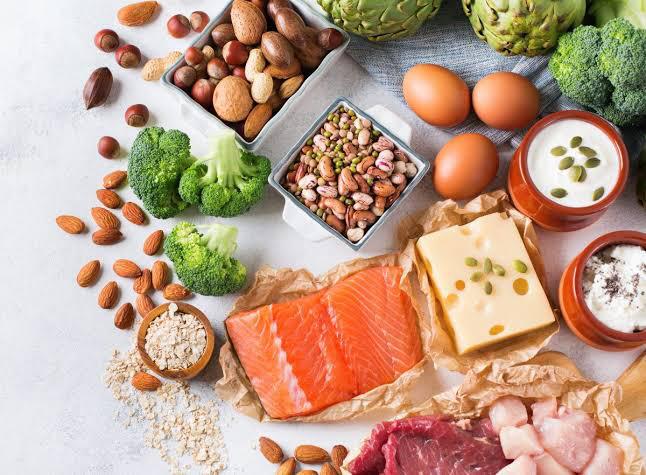Protein is one of the major food groups and must be included in our meals to achieve an adequate and balanced diet. It is made up of blocks of amino acids and our body needs different types of these amino acids to keep healthy. Listed below are 6 facts that you did not know about protein.
- The main building block of our body:
Protein is the main building block of our body. Every of the body’s cells contains this food group and as stated earlier, amino acid chains are its basic structure. Therefore, we require it in our diet so as to able to help the body repair worn-out cells and produce new ones.
- A major component of the body:
Next to water, it is the substance that is found mostly in the human body. It makes up our muscles (about 80% of our muscles are composed of protein, that is why this nutrient is particularly essential for athletes), ligaments, tendons, organs, skin, nails, and hairs.
- Preserves lean muscle tissues:
While on a diet to lose body fat, it helps to preserve lean muscle tissues. Using a high-protein diet with an intake of this food group above the daily required level assists in preserving lean muscle tissue and increasing the loss of fat.
- Animal protein is a complete protein:
Protein obtained from animal products is called complete because they contain all essential amino acids (essential amino acids are those which cannot be produced by the body). Vegetarians need to combine an assortment of protein in their diet because sources like vegetables, fruits, grains, and nuts are incomplete as they lack one or more essential amino acids.
- Assists in glucose absorption:
Protein helps in slowing down the absorption of glucose in the bloodstream. This in turn reduces the insulin level in the body, making it easier for the body to burn fat.
- Should not be consumed in excess:
During protein digestion, certain acids released by the body are usually neutralized with calcium and other buffers in the blood. If one continues consuming high levels of it, calcium may be depleted from your bones. This may result in Osteoporosis (a condition where bones become weak and are easily broken).
Finally, we need to note that the amount required by the body is about 15-20% of the total calories. Dietary sources of this food group include lean meat (beef, veal), poultry (chicken, turkey, goose), fish and seafood (fish, prawns, crab, lobster, oysters, mussels, clams), eggs, dairy products (milk, yogurt, cheese), nuts (almonds, hazelnuts, cashews, walnuts, pine nuts), legumes and beans (all beans, lentils, tofu, split peas). Some grains and cereal-based products are also sources but are generally not as high in the food group as meat-alternative products.
READ ALSO: Health care: Know more about Diabetes




 Premier League
Premier League